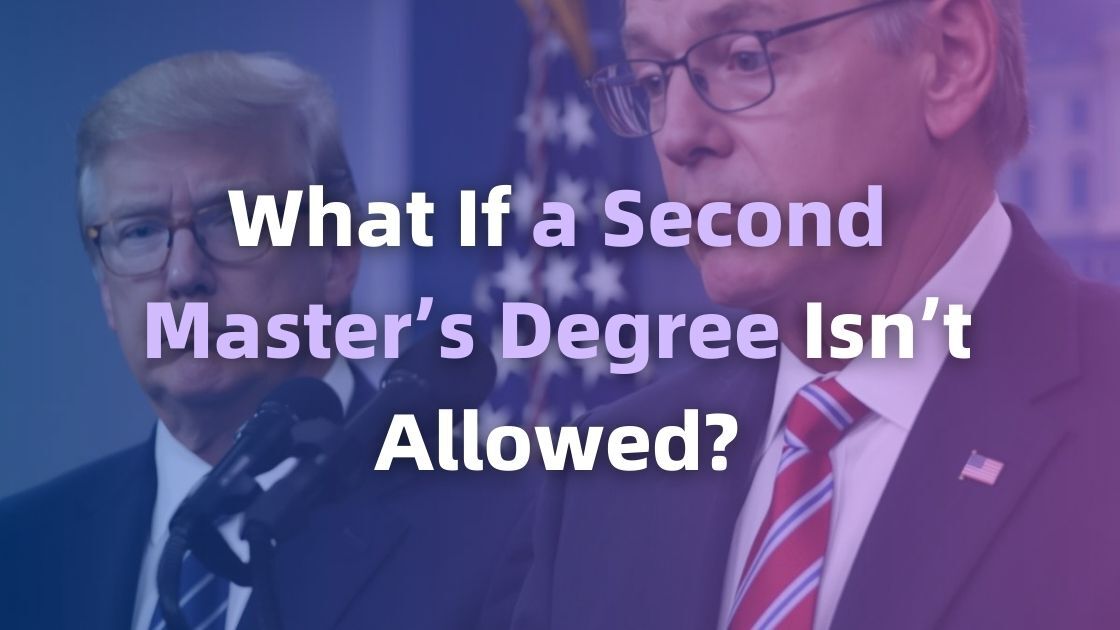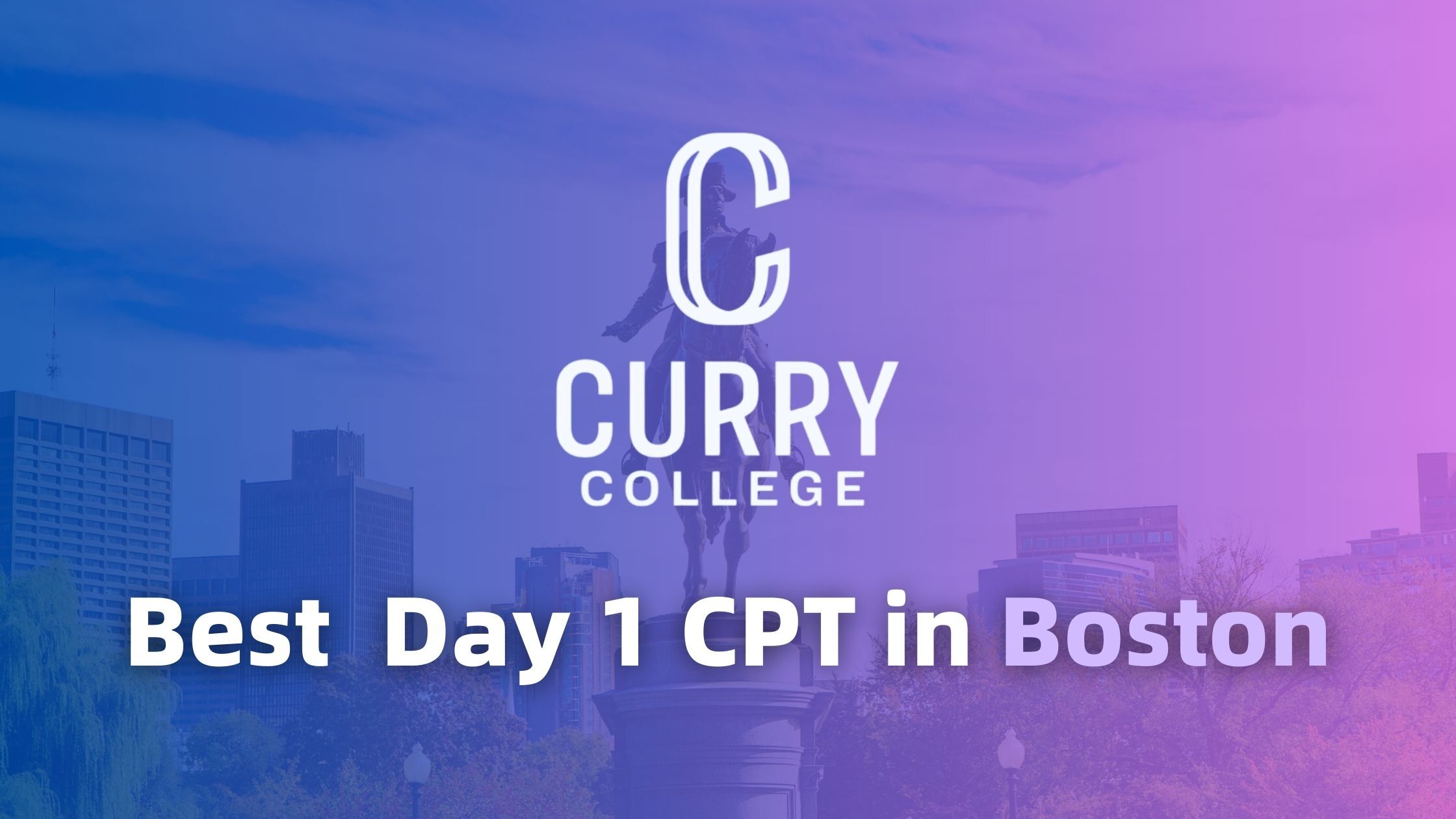Share this
Understanding Financial Proof Requirements for International Students in the US
by Shama Parveen on Aug 07, 2024
Are you already in the U.S. on an F1 visa, or did your H1B visa not get picked, and you're looking to continue working while studying? If yes, understanding the expenses for education and how to handle them with proper pre-planning is crucial. At GoElite, Inc., we specialize in guiding international students like you through the process of applying to Day 1 CPT universities, where you can study and work simultaneously.
-2.jpg?width=2240&height=1260&name=D1CU%20Blog%20Banner%20(4)-2.jpg)
1. Why Do You Need to Show Financial Proof for an F-1 Visa?
When applying to a higher education institution in the U.S., it is crucial to provide proof of financial support. This requirement serves multiple purposes:
- Ensuring you have the means to cover your expenses while pursuing your studies in the U.S.
- Preventing financial stress that could potentially hinder your educational journey.
- Affirming that your primary focus in the U.S. is on your academic pursuits under the F-1 visa program.
2. How Much Financial Proof is Needed for an F-1 Visa?
The amount of financial proof required for an F-1 visa depends on the program you choose and whether you have dependents accompanying you. If you are going to study in the U.S. alone, you only need to provide proof that you can cover your living expenses and tuition fees for one year. If you have a spouse or children accompanying you, you also need to provide proof that you can support their living expenses in the U.S.
Living expenses are estimated by the school based on the average cost of living in the area. Typically, living costs on the East and West Coasts are higher than those in the central regions. The specific amount required will be indicated on the I-20 form issued by your school. This financial proof is usually required before enrollment and before applying for the I-20 and the F-1 visa.
Listed Below are the Financial Proof Amounts for Several Schools
University of South California (Master Program 2024) - Los Angeles, CA
- Tuition $48,819
- Living $24,042 (For students themselves, the amount may increase if they have dependents)
- Total Financial Proof Requirement: $74,093
Westcliff University (MBA 2024) - Irvine, CA
- Tuition $12,600
- Books $495
- Living $14,400 (For students themselves, the amount may increase if they have dependents)
- Total Financial Proof Requirement: $27,495
New York University (MBA 2023) - New York, NY
- Tuition $86,092
- Room & Board $24,102 (For students themselves, the amount may increase if they have dependents)
- Living Expense $5,682 (For students themselves, the amount may increase if they have dependents)
- Insurance $4,832
- Total Financial Proof Requirement: $120,708
Monroe College (MBA 2024) - New Rochelle, NY
- Tuition $11,770
- Living Expense $11,500 (For students themselves, the amount may increase if they have dependents)
- Total Financial Proof Requirement: $23,270
-jpg.jpeg?width=200&height=200&name=Untitled%20design%20(2)-jpg.jpeg)
Find affordable Universities with CPT Options
Allow you to earn work experience when studying!
🔍 Case Study 2: Accepted with Multiple Sources of Funds
Raj, determined to pursue his MBA in the U.S., was nervous but hopeful. He knew how important it was to show he could afford his studies. So, Raj carefully gathered all his financial documents. He presented a mix of his savings, his parents’ provident fund, a fixed deposit, and a loan sanction letter from a bank. The total amount covered his first year’s tuition and living expenses, amounting to $40,000. Raj showed funds from his parents, his uncle, and his friends. The university, impressed by the detailed and varied proof of funds, quickly issued Raj his I-20. His hard work and thorough preparation paid off, filling him with joy and relief.
3. What Can Be Used as Proof of Funds for an F-1 Visa
Below are some of the financial documents that can be utilized as proof of funds for the I-20 / F-1 Visa financial requirements:
Personal or Sponsor’s Bank Statements: Bank statements of your account or your sponsor’s account, coupled with the “Affidavit of Support,” provide concrete evidence of covering your expenses in the U.S.
Provident Funds, which an employer stores in an account and provides to the employee as a lump sum after their tenure ends, can be used as financial proof for an F-1 visa.
Fixed Deposit: A fixed deposit is an account from which you can’t regularly withdraw money. This type of fund can be shown as proof of funds for an F-1 visa because it can be liquidated into cash easily.
Scholarship Proof: If you have attained any scholarship, that can be shown as proof of financial support, reducing the amount needed for the visa interview.
Loan Sanction Letter: The most preferred mode of showing funds for an I-20 is a loan sanction letter from a known lender.
Avoid Using Following Documents as Financial Proof for F-1 Visa
- Stocks/Bonds
- Real Estate
- Solvency Letter
- Gold, cars, or other properties
🔍 Case Study 3: Rejected Due to Unacceptable Proof of Funds
Anjali dreamed of studying biotechnology in the U.S. She worked hard and got accepted to a great university. To show she could pay for her studies, she provided proof of her family’s stocks, bonds, real estate assets, a solvency letter, and gold valuations. She thought these valuable assets would be enough. But the university couldn't accept them as they were not easily converted to cash for immediate expenses. When her I-20 application was rejected, Anjali was crushed. She learned the important lesson that only certain types of financial proof are accepted for studying abroad.
4. What if the Funds are Not Enough?
Solution 1: Get Sponsorships from Your Family or Organizations
If your financial proof does not meet the required amount, you may consider seeking sponsorship from:
- Family: Parents or relatives can provide financial support. If a family member is a sponsor, they must provide bank and asset statements and a Form I-134 stating their consent to fund the student's studies and living expenses.
- Organizations: Agencies, companies, or embassies may agree to pay all or part of a student's tuition and fees.
Solution 2: Apply for third-party Scholarships
Scholarships are a fantastic opportunity for international students to alleviate the financial burden of studying in the U.S. Numerous scholarships, ranging from merit-based to need-based, are available to help cover tuition fees, living expenses, and other educational costs. By actively seeking out and applying for these scholarships, students can significantly reduce the amount needed for their F-1 visa application and ensure a smoother transition into studying abroad.
Solution 3: Consider an affordable institution or a Day 1 CPT University
Considering an affordable institution or Day 1 CPT Universities can be a smart alternative to achieve your academic goals while managing your finances effectively.
These universities offer programs that not only provide quality education but also allow you to work and gain valuable experience through Curricular Practical Training from day one.
By choosing an affordable institution or a university with Day 1 CPT options, you can strike a balance between academic excellence and financial stability, making your educational journey in the U.S. more manageable and rewarding.
🌟 Click here to learn more about Day 1 CPT >
-jpg.jpeg?width=200&height=200&name=Untitled%20design%20(2)-jpg.jpeg)
Find affordable Universities with CPT Options
Allow you to earn work experience when studying!
🔍 Case Study 3: Rejected Due to Insufficient Funds
Priya, an aspiring computer science student from India, was overjoyed when she received an admission offer from a prestigious U.S. university. She could already picture herself in the bustling campus, attending lectures and making new friends. However, she only managed to show $29,000 in her bank statement, while the university required proof of $30,000 for the first year’s tuition and living expenses. Despite her academic excellence, the university had to reject her I-20 application due to insufficient financial proof. It was heartbreaking for Priya to realize that because of just $1,000, her dream was put on hold. Priya learned the hard way that accurate financial planning is crucial for a smooth transition to studying abroad.
5. FAQs regarding Financial Proof
Q1: How do I get proof of funds for an I-20?
Bank statements, provident funds, fixed deposits, scholarship proof, and loan sanction letters are some financial documents that can show proof of funds for an I-20.
Q2: How much funds should I show for an I-20?
You need to show a minimum fund requirement of one year of tuition fees along with one year of living costs.
Q3: How can I show FD as proof of funds for an I-20?
A fixed deposit can be used as proof of funds for an F-1 visa because it can be easily liquidated into cash and has a constant value throughout.
Q4: What is acceptable proof of funds?
Bank statements, provident funds, fixed deposits, scholarship proof, and loan sanction letters are acceptable proof of funds.
Proper financial planning is essential for securing an F1 visa and studying in the U.S. By understanding the financial requirements and preparing the necessary documents, you can ensure a smooth application process.
Share this
- Day 1 CPT (32)
- H1B (24)
- Day 1 CPT Universities (18)
- H1B Lottery (11)
- CPT (6)
- Green card (5)
- University Application (4)
- F1 (3)
- F1 Status (3)
- International Students (3)
- USCIS (3)
- Westcliff University (3)
- Concordia University Texas (2)
- F1 Reinstatement (2)
- H1B Layoff (2)
- H1B Status (2)
- OPT (2)
- STEM OPT (2)
- change of status (2)
- Bay Atlantic University (1)
- Curry College (1)
- English Proficiency (1)
- Goldey-Beacom College (1)
- Green Card Application (1)
- H4 EAD (1)
- H4 Visa (1)
- Humphreys University (1)
- Immigration (1)
- International Student Travel (1)
- Jobs (1)
- L1 (1)
- Layoff (1)
- McDaniel University (1)
- O1 (1)
- Saint Peter's University (1)
- Salem University (1)
- Scholarships (1)
- Sofia University (1)
- Tax (1)
- December 2025 (1)
- November 2025 (2)
- October 2025 (1)
- September 2025 (3)
- August 2025 (2)
- June 2025 (1)
- May 2025 (2)
- March 2025 (2)
- November 2024 (2)
- October 2024 (4)
- September 2024 (3)
- August 2024 (3)
- July 2024 (2)
- June 2024 (7)
- May 2024 (3)
- April 2024 (4)
- March 2024 (3)
- February 2024 (5)
- January 2024 (1)
- October 2023 (3)
- September 2023 (6)
- August 2023 (10)
- July 2023 (3)
- June 2023 (4)
- May 2023 (1)
- April 2023 (1)
- February 2023 (1)
- November 2022 (1)
- October 2022 (3)
- September 2022 (1)
- August 2022 (1)

Full Day 1 CPT Universities List
Click here to view 30+ Day 1 CPT universities in different states
Scholarships & Payment Plan
Click here to explore extensive scholarships and financial aids
Get Free Assistance Now
We can help you with admission, fee waiver, and scholarships
Featured Articles
Studying and Working in the US

What If a Second Master’s Degree Isn’t Allowed? Why a Day 1 CPT DBA Could Be Your Best Path Forward
-Nov-22-2025-12-02-59-3078-AM.jpg)
Which Day 1 CPT Programs Offer a Fixed Summer Break? You Won’t Believe How Rare the Answer Is…

Why Curry College is a Top Choice of Day 1 CPT in Boston

Concordia University Texas Launches New MCS Program - A Top STEM Day 1 CPT Option





.png?width=204&height=68&name=Verified%20(2).png)


.png?width=250&height=83&name=Logo%20-%20Rectangle%20(2).png)
.png?width=250&height=83&name=Logo%20-%20Rectangle%20(1).png)
